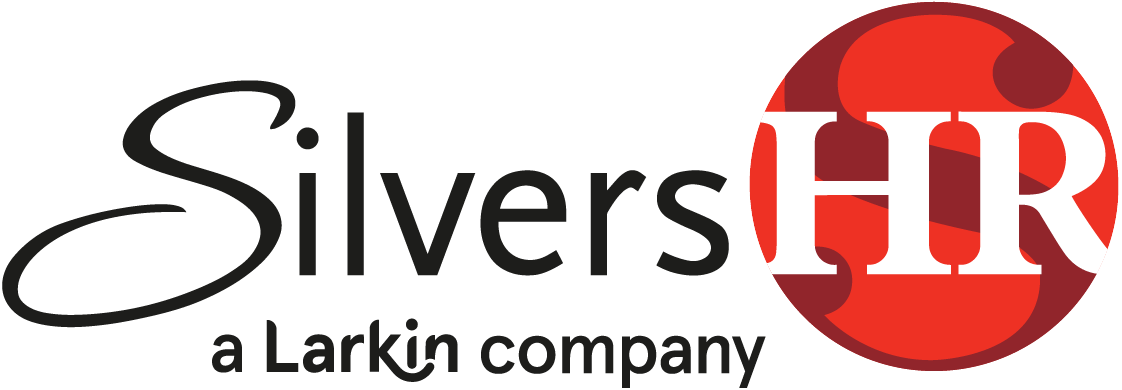New Meal Period and Rest Break Premium Pay Calculation
The hits just keep on coming…
By Kim Silvers, SPHR, PHRca
Last week the California Supreme Court ruled in Ferra v Loews Hollywood Hotel, LLC that non-exempt (“hourly”) employees who are not afforded a compliant meal period or rest break must receive the one hour premium payment at the employee’s “regular rate of pay” not at their base hourly or straight time rate. This is a huge and disappointing decision as it will require employers to calculate the weekly regular rate of pay whenever an employee begins a meal period later than the 5th hour (4 hrs. and 59 minutes into the shift), has a shortened meal period of less than 30 minutes, or receives no meal period if required. Rest breaks that are missed will also be required to be paid the one hour premium at the regular rate of pay. There is a lot to unpack on meal periods and rest breaks in our great state. We won’t cover all of that here and assume you have an essential knowledge of this sacrosanct topic.
Here are the questions you should consider before deciding to pay attention or chuck this article:
- Do I have hourly employees?
- Do those employees ever work overtime?
- Do I pay hourly employees anything in addition to their base wage?
- Do my hourly employees receive any non-discretionary earnings? (See below for non-discretionary examples)
- Do my hourly employees ever begin their meal breaks late (i.e., more than 4 hours and 59 minutes into a shift) and/or are the meal periods shorter than the full 30 minutes? (Remember timeclocks that round meal period in/out times are not permissible.)
- Do my hourly employees ever miss their rest breaks?
- Do I know how to calculate regular rate of pay?
If you answered “yes” to any of the above, please keep reading.
You may ask, “What is the regular rate of pay that is now considered synonymous with “regular rate of compensation” in CA?” It is not simply the employee’s hourly rate, but can be a labor intensive calculation of the employee’s base rate pay plus any non-discretionary income earned during the period. It’s usually a weighted average of all that’s earned over the pay week, although that’s not always the case. The regular rate of pay is usually used to calculate overtime pay for an hourly employee. Non-discretionary income included in the regular rate of pay calculation can entail a laundry list of items and most usually includes nondiscretionary bonuses, commissions, shift differentials, piece rate pay, on-call pay and a host of other items.
The challenge with non-discretionary bonuses is if they cover more than the pay week, say a month or quarter, then the employer must go back and re-calculate the regular rate of pay and retroactively apply this amount to any overtime hours worked (and now meal period or rest break premiums) during the bonus covered period. If the employee did not earn any other non-discretionary compensation, worked no overtime or missed a meal or rest period, then no problem!
To make calculating the regular rate of pay more confusing, there’s the difference in a “flat sum” bonus and a “production” bonus for this pay calculation. This is a complicated matter and one you may be best served by having privileged conversation with your employment counsel if you think you may have miscalculated these payments in the past.
The interpretation of what is actually owed hourly employees for the meal period or rest break premium has been in debate for years. Long story short, the language in the Labor Code section 226.7 reads “regular rate of compensation” and many interpreted that to mean the employee’s base hourly rate not the regular rate of pay. The CA Supreme Court clarified that last week and, to add salt to the wounds of employers, held that its decision applies retroactively. We expect to see more on this in the coming weeks. In the meantime, we suggest employers begin assessing their exposure for retroactive meal period and rest break premiums. We encourage you to confer with your employment counsel before making any changes to your approach.
By the way, we recently read an article which predicted employers will do away with any sort of non-discretionary bonuses in order to avoid the wage and hour claims risks. It’s an unfortunate consideration.
As always, this is not to be considered legal advice.
